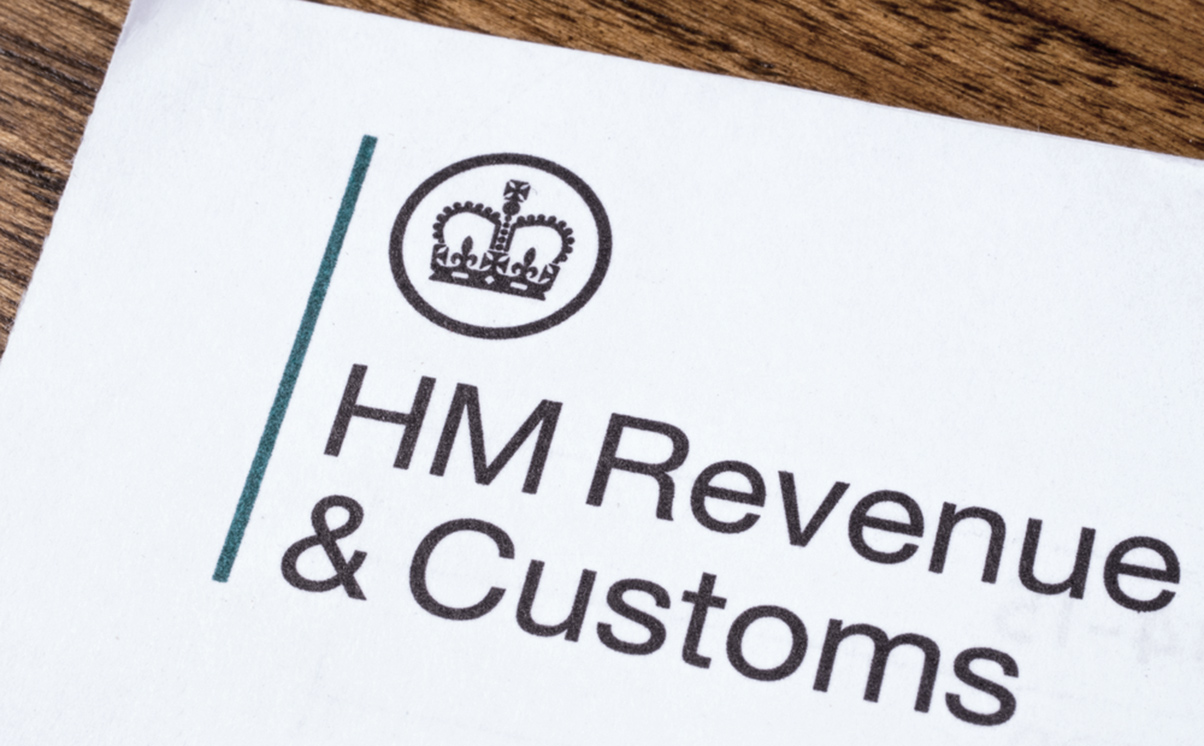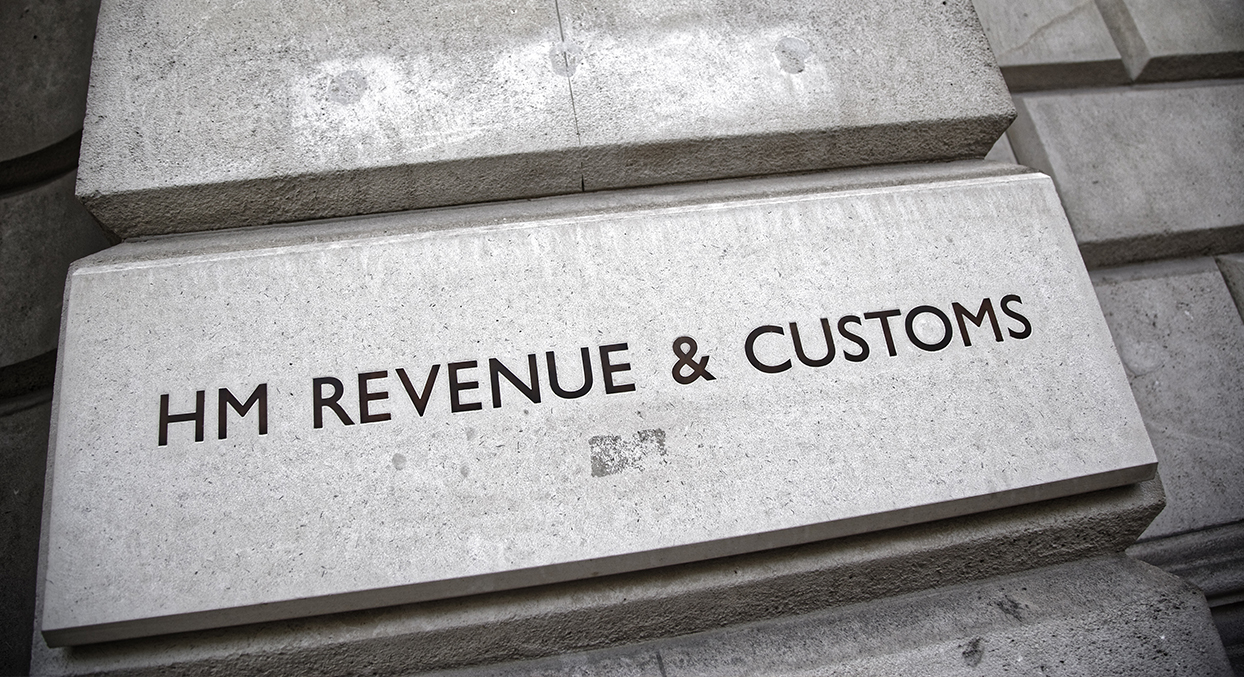HMRC is cracking down on tax avoidance arrangements that help fund the cost of private school fees. The arrangements are marketed as tax planning and targeted at owner-managed companies. HMRC’s view is that the schemes do not work.
In this article, Lisa Vanderheide, James Le Gallais, Alex Lerner and Krishna Mahajan look at how these schemes are said to work, the tax consequences if they fail and what steps investors can take now to protect their position going forward.
How the arrangements are said to work
Broadly, the arrangements work by allowing directors who are also the main shareholders of their companies to divert dividend income from themselves to their minor children. Although children pay tax on dividends received, they pay far less than if the company owners received the dividend directly. This is because their children will be able to take advantage of the £12,570 tax-free personal allowance and £1,000 dividend allowance and be eligible for the dividend basic tax rate. Some estimates suggest that these arrangements could save a family with three children in private school up to £60,000 of tax per year.
Typically, an arrangement will involve the following:
- A company issues shares with certain dividend and voting rights,
- A relative of the company owner purchases the shares below market value and then gifts the shares to a trust or declares a trust over the shares for the benefit of the company owner’s children,
- Dividends are paid to the trustees of the trust, and
- The beneficiaries, ie the company owner’s children, are entitled to the dividends, which are then used to pay school fees.
The tax advantage is derived because owner-managers would otherwise pay school fees out of post-tax income from dividends paid by their company. For example, paying a school fees bill of £100,000 for three children would require approximately £164,000 in dividends. The arrangements purportedly offer a solution to what would otherwise be a large tax bill.
HMRC’s view is that such arrangements are ineffective because they are caught by anti-avoidance legislation contained in the Income Tax (Trading and Other Income) Act 2005. Arrangements operating in a similar way may also be caught, for instance, where they involve parents giving valuable shares to their children or parents giving valuable shares to other relatives with a view to them being passed onto their children.
Tax consequences if the arrangements fail
Taxpayers will be required to pay the difference between the tax due without the arrangements and the reduced tax paid by the children, interest on the additional tax and, potentially, penalties.
What should I do if I am in an arrangement?
HMRC is likely to send letters (so-called ‘nudge letters’) to individuals they consider may have been participants in these arrangements.
If you are in one of these arrangements and/or receive a nudge letter, speaking with a professional advisor at the earliest opportunity is advisable. An advisor can assist with making a disclosure to HMRC or managing an enquiry. If you are yet to receive a nudge letter and it is considered the arrangements do not work, we advise being proactive and disclosing the matter to HMRC rather than waiting for the inevitable enquiry. This approach is likely to save time and costs and have a positive impact on any penalties.
Finally, you may also wish to consider taking steps to protect any potential claims against a promoter of the arrangements and/or any advisor introducing you to the arrangements. To protect the time limits for making any claims, you should take advice in this respect, pending the resolution of any investigation by HMRC.
Please contact James Le Gallais, Lisa Vanderheide, Alex Lerner and Krishna Mahajan if you require assistance in relation to any of the matters outlined above.
You can find further information regarding our expertise, experience and team on our Tax Litigation and Resolution page.
If you require assistance from our team, please contact us.
Subscribe – In order to receive our news straight to your inbox, subscribe here. Our newsletters are sent no more than once a month.






